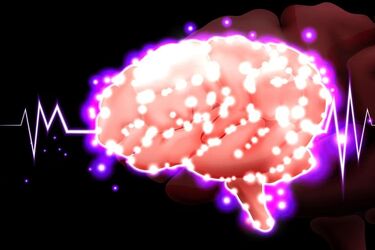Key to longevity: scientists find brain region that controls aging

Mice have similar structural, functional, and genetic characteristics to humans, making them valuable for studying brain development over time. Scientists have identified a specific area of the brain in mice where aging causes significant changes in different cell types.
They also found out which cells undergo the greatest changes. This study, published in the journal Nature, opens up new possibilities for slowing down or controlling the aging process in the human brain, according to Earth.
Scientists analyzed more than a million brain cells from young and old mice. The study focused on different types of glial cells that provide support to brain cells and showed that these cells show significant changes in gene activity with age.
The study showed that in the aging brain, there is an increase in the activity of genes associated with inflammation, while the activity of genes responsible for neuronal functioning decreases.
According to the authors of the study, aging is a major risk factor for Alzheimer's disease and other serious brain diseases. The study revealed which brain cells are most affected by aging. Scientists believe that based on these results, new treatments for diseases associated with brain aging can be developed.
The scientists found that these changes are concentrated in a region of the brain they called the "aging point" located in the hypothalamus. The greatest changes occurred in cells and neurons that play an important role in controlling nutrition, energy balance, metabolism and absorption of nutrients by the body.
If you want to get the latest news about the war and events in Ukraine, subscribe to our Telegram channel!
